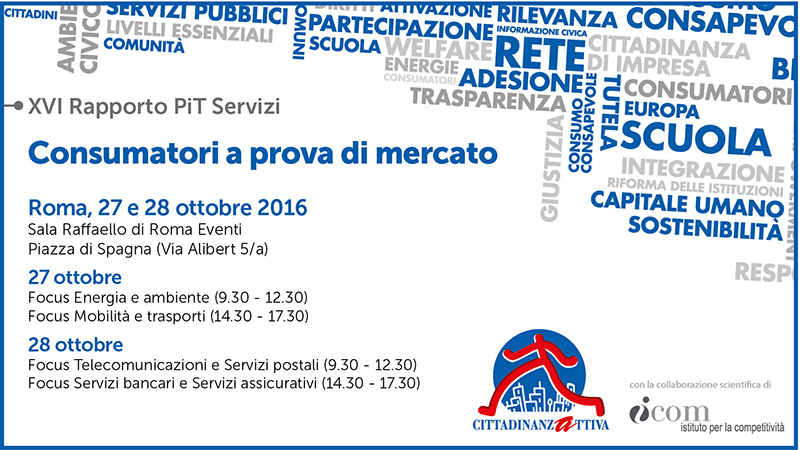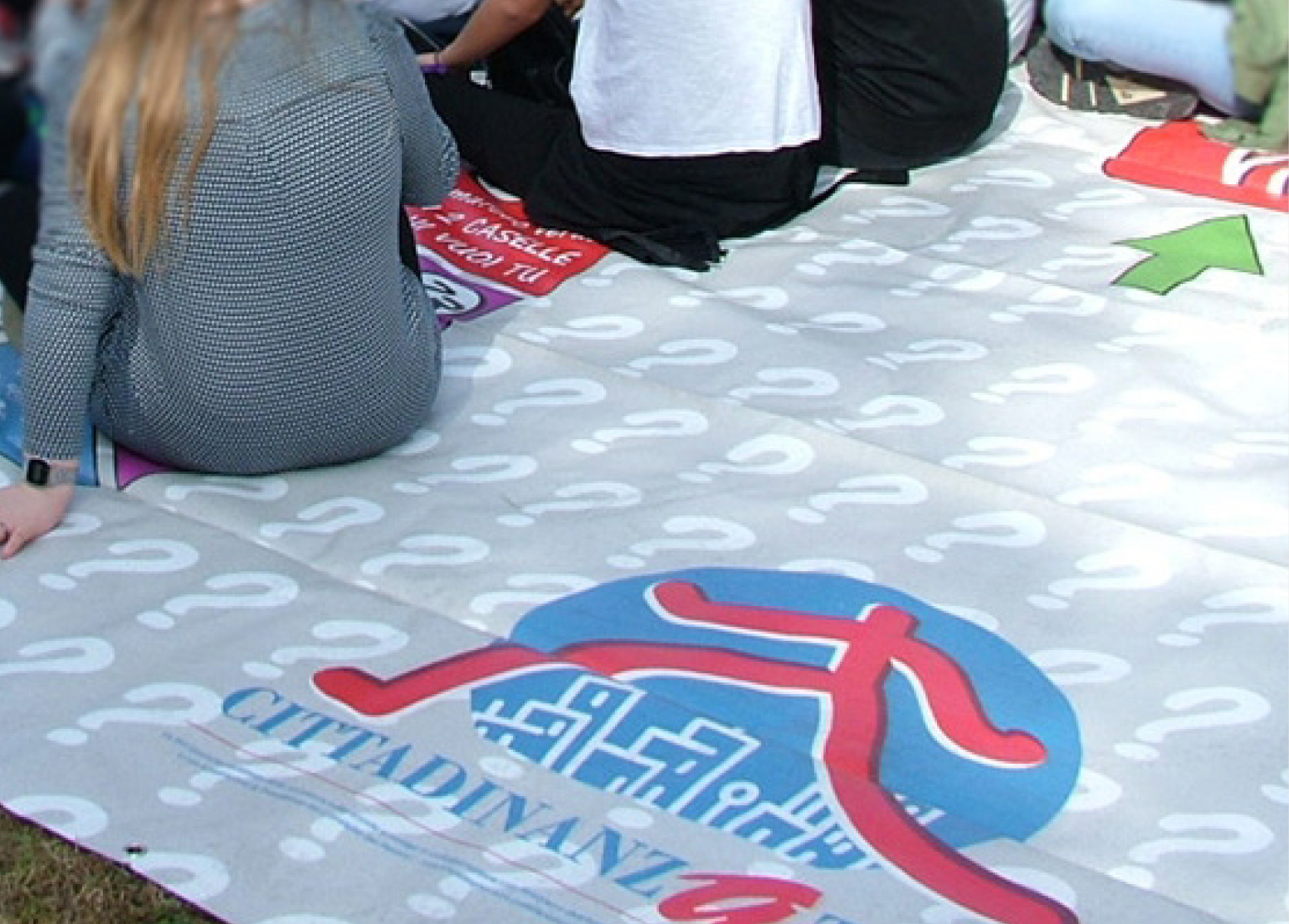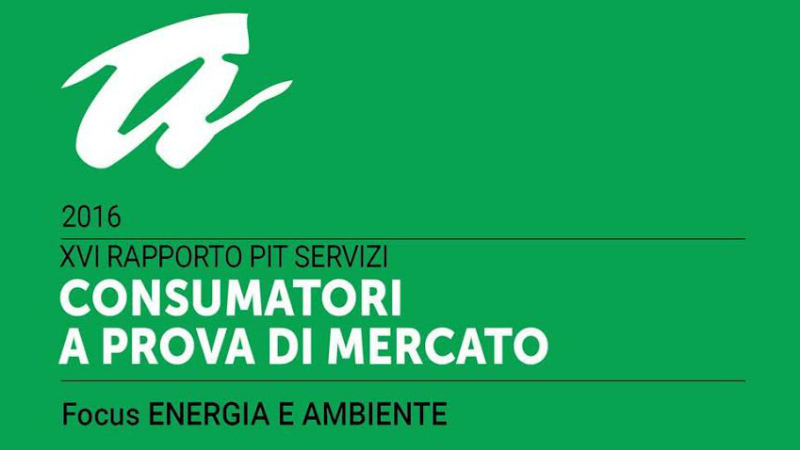
Balance invoices, incorrect billings, missing invoices and requests for exorbitant arrears are just some of the main problems encountered by citizens when paying for energy, water and waste. This year the billing has been the main critical area, and the sore point of the three abovementioned fields at issue in the XVI Report presented today by PiT Services of Cittadinanzattiva - entitled "Proof-of-market consumers" - which focuses on energy and environment.
Reports and complains on energy in 2015 accounted for 21.7% of total reports (9188). 66.4% of them concern the electrical service and the remaining 33.6% was about the gas service. On the other hand, reports on the subject of water and waste in 2015 are about 18.5% of total reports.
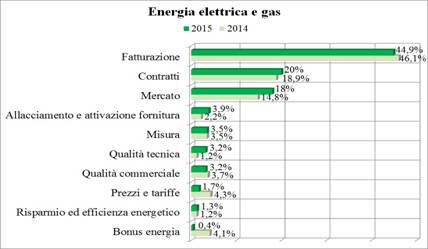
Fonte: Cittadinanzattiva – Rapporto PiT Servizi 2016
The most critical item with energy and gas invoices is billing (44.9%), which is - however- slightly decreasing in comparison to 2014. However, there are frequent cases of exorbitant gas and/or energy bills because of balances, also dating back to many years before. Very often, the expensive balance is due to the distributor's or seller's defaults, who failed to make periodic meter readings, or have not issued bills with regular scheduled intervals. This disservice persists and has serious consequences for users, who end up receiving bills so pricey they cannot afford to pay. Furthermore, in some cases citizens also experience difficulties to get a sustainable installment plan, and appropriate to their economic situation.
Contracts are also an issue (20% of reports compared to 18.9% in 2014), especially in terms of procedures for transfers of contract and service disconnections for non-payment or false non-payment.
Reports related to the market (18%) have increased since 2014 and this is attributable to a greater extent to breaches of the code of business conduct, with activations of unsolicited contracts and misleading/insufficient information at the time of bid submission.
With regard to the water service, almost all of the reports received are related to billing (92%), a sharp increase compared to 2014. As in the energy sector, also within the water one the greater number of reports related to billing concern balances, incorrect billings and transparency of the items in the bill.
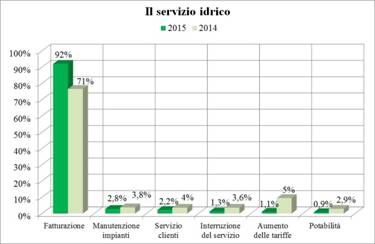
Fonte: Cittadinanzattiva – Rapporto PiT Servizi 2016
Likewise, with respect to local waste, billing is confirmed as the item that presents major problems, with a percentage of reports (50%) relatively stable over the previous year. Billing is followed by the reports on critical issues related to the organization and management of recycling systems (27.8%) and increased waste rates&fees (acronym TARI) (11.1%).
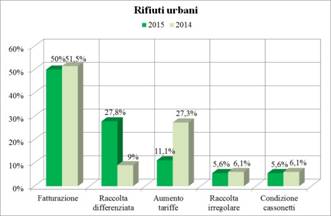
Fonte: Cittadinanzattiva – Rapporto PiT Servizi 2016
"The figures show that in all three areas considered there is still much work to do in terms of billing," said Tina Napoli, head of consumer policies in Cittadinanzattiva. "We demand the right for consumers to regular billing based on actual consumption, which can help them plan their own costs and to be more active in controlling levels of consumption, as well as to make more informed and sustainable choices. The bills should be real, but also clear and simple to understand to enable consumers to make the best choices in terms of supplier/supply and, so, to encourage competition in the market. We remind that even some European studies claim that among the reasons of consumer vulnerability there is information asymmetry".
Read the comment of Stefano da Empoli, President I-Com, Institute for Competitiveness (IT)



